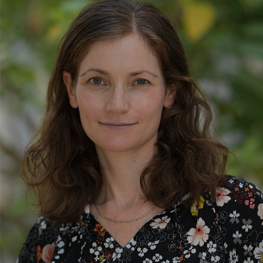Sacred Soundscapes: Musical Traditions from the Ottoman Empire
Live in Person
Weitzman National Museum of American Jewish History
101 S. Independence Mall East, Philadelphia
Co-presented with the Mandel Scholion Research Center at the Hebrew University of Jerusalem
Centuries of coexistence had a deep impact on the musical and devotional traditions of Muslims, Christians, and Jews in the lands of the Ottoman Empire. Multi-layered interfaith interactions shaped the melodies and hymns of religious communities.
This musical program celebrates these powerful affinities through diverse Ottoman spiritual traditions, especially from the tumultuous nineteenth century. The concert program, performed by the award-winning Dünya Ensemble, will include mainstream Sunni Muslim, Christian, and Jewish music from the era, as well as hymns and compositions of several different Sufi brotherhoods along with the heterodox mystical traditions of the Alevis and Bektaşis and the Sabbatian Ma’aminim (devotees of the Jewish messiah Sabbatai Tsvi).
Your guides to the Ottoman sacred soundscapes of the past will be the composer/performer and professor Mehmet Ali Sanlıkol, together with the Israeli scholar of Ottoman Jewish culture Dr. Hadar Feldman Samet. Musical performance and historical introduction will combine to illustrate many known and forgotten mesmerizing tunes and multilingual lyrics from the Ottoman world.
Featuring
Hadar Feldman Samet
Tel Aviv University
Hadar Feldman Samet is a senior lecturer at Tel Aviv University’s department of Jewish History, where she teaches the history of Jews in Muslim contexts. Since completing her doctorate at the Hebrew University in 2018, she has held several postdoctoral fellowships, including at Katz Center, as a Harry Starr fellowship at Harvard University, and at the Scholion Interdisciplinary Research Center at the Hebrew University. Her research focuses on Jewish life in the Eastern Mediterranean Muslim world, particularly of the Sephardi diaspora in Ottoman society. She studies the entangled histories of Jews and Muslims, interfaith encounters, the relation between daily life and revolutionary practices, and how expressive culture and performative dimensions of historical phenomena—primarily music and embodied devotional practices—reveal diverse and multifaceted representations of people of the past.
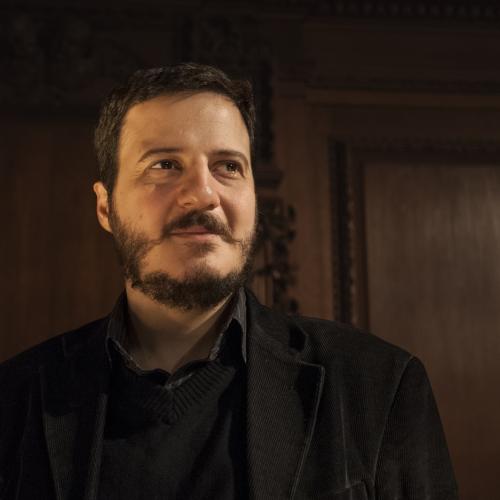
Mehmet Ali Sanlıkol
Grammy-nominated composer Mehmet Ali Sanlıkol (DÜNYA, president) holds a master's degree in jazz composition and a doctoral degree in composition from New England Conservatory. He is currently a full-time faculty member at New England Conservatory and is the recipient of a number of awards, including a Live Arts Boston Grant from the Boston Foundation, the Aaron Copland Fund for Music Grant, and a South Arts Jazz Road Creative Residency Grant.
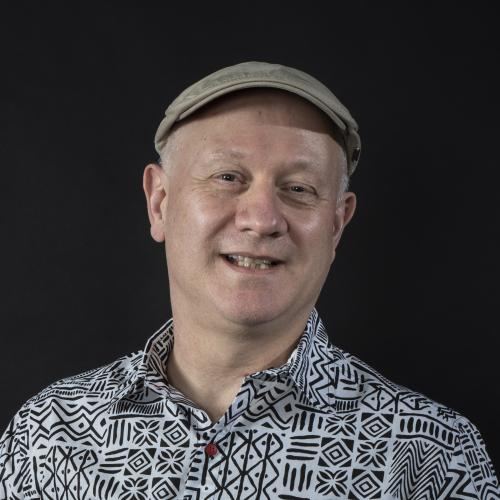
Bertram Lehmann
Bertram Lehmann teaches drums, ear training, and liberal arts at Berklee College of Music when he's not busy performing with a variety of jazz, Latin, and world music ensembles in the New England area and beyond, which also has taken him to far-flung places including India, Ghana, South Korea, Turkey, and Russia.
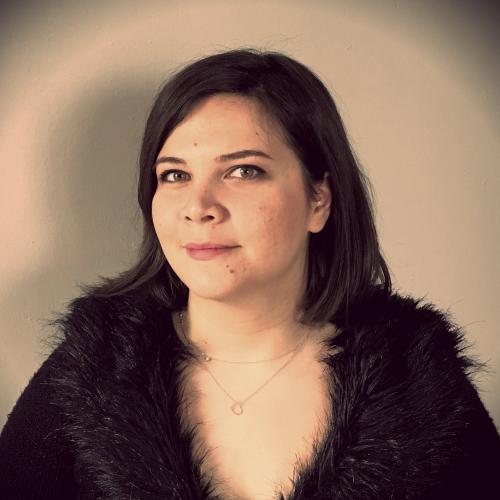
Burcu Güleç
Burcu Güleç completed a bachelor’s degree in child development as well as a master’s degree from New England Conservatory in contemporary improvisation. As a performer and educator, she works in several genres, including jazz, Turkish, and Balkan musics.
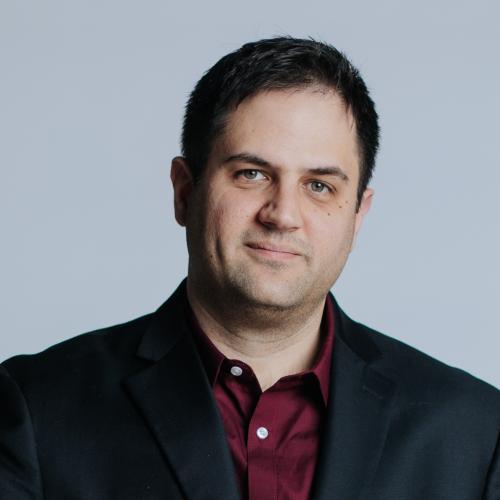
George Lernis
Born and raised in Nicosia, Cyprus, George Lernis is a drummer and world percussionist. George holds a bachelor’s degree from Berklee College of Music in jazz performance and two master’s degrees from Longy Conservatory and the Global Jazz Institute at Berklee. George has performed in venues such as the Carnegie Hall and Lincoln Center.
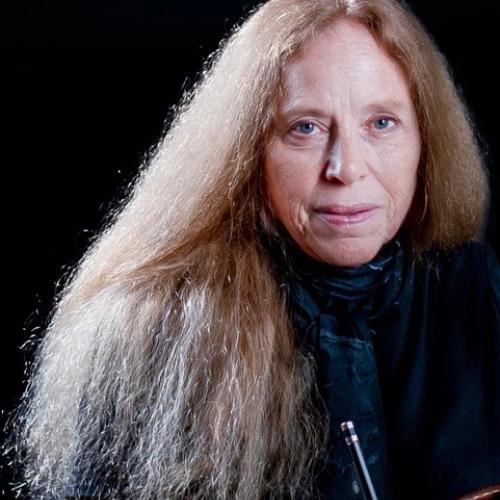
Beth Bahia Cohen
Beth Bahia Cohen has been playing with Dünya since its inception in 2004 and has been performing Turkish, Greek, and Hungarian music for many years throughout the U.S., Canada, and Europe. She specializes in bowed string instruments from various cultures and is on the faculty of Berklee College of Music and Tufts University.
Cosponsors
Co-presented with the Mandel Scholion Research Center at the Hebrew University of Jerusalem, in partnership with the Weitzman National Museum of American Jewish History.
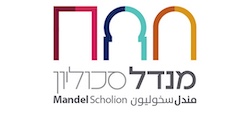

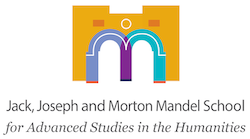

We gratefully acknowledge the support of the Klatt Family and the Harry Stern Family Foundation.
